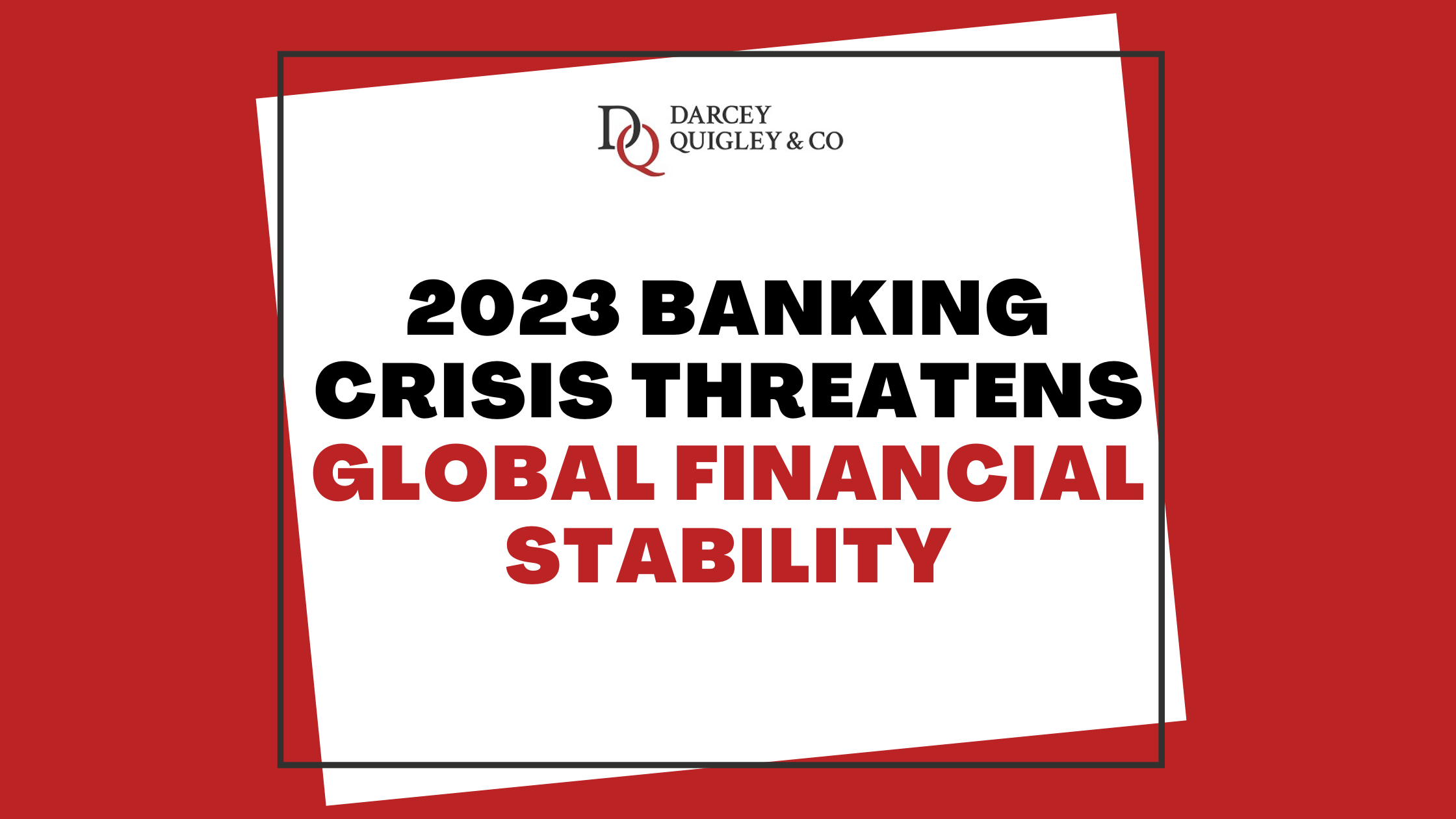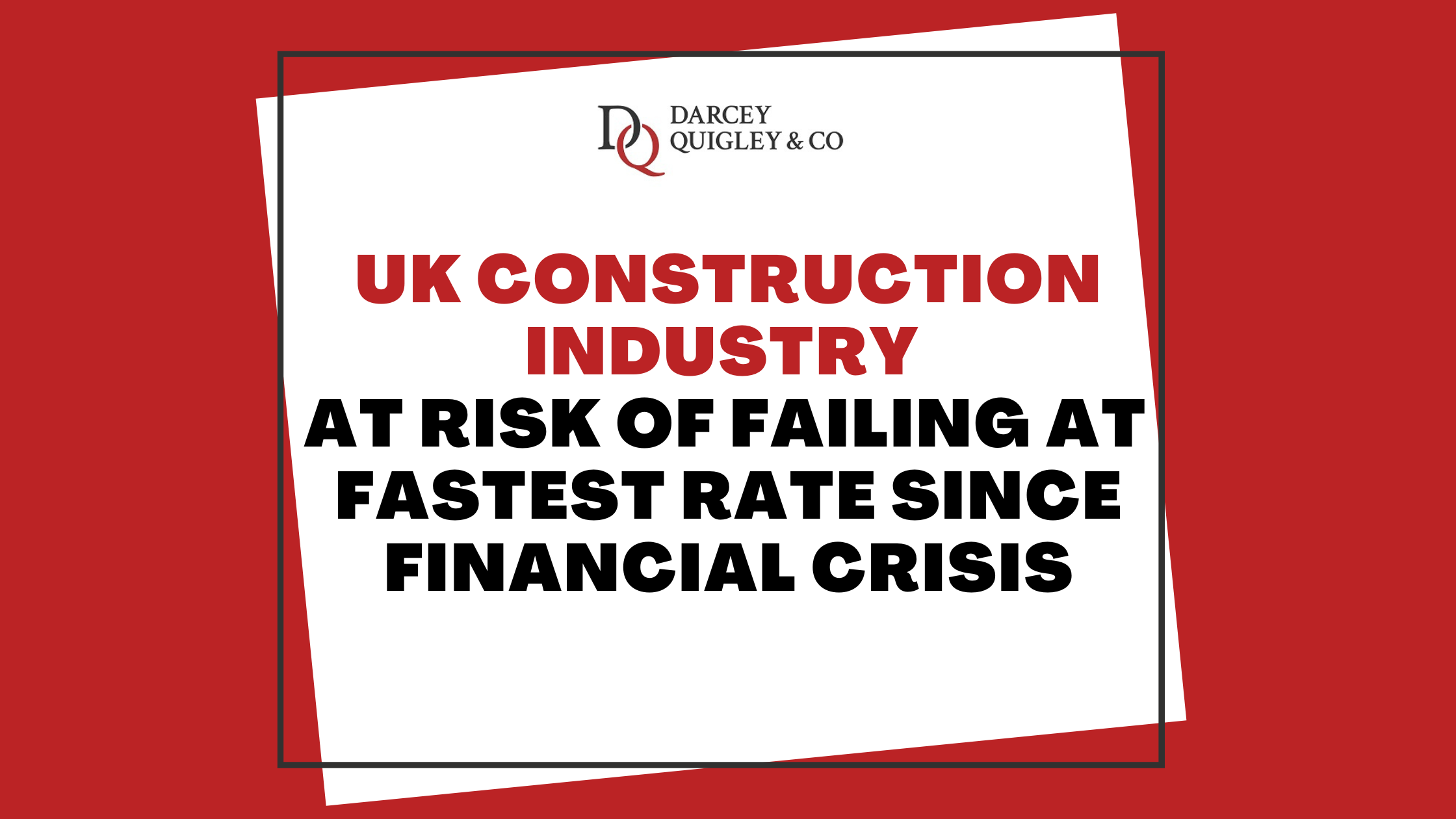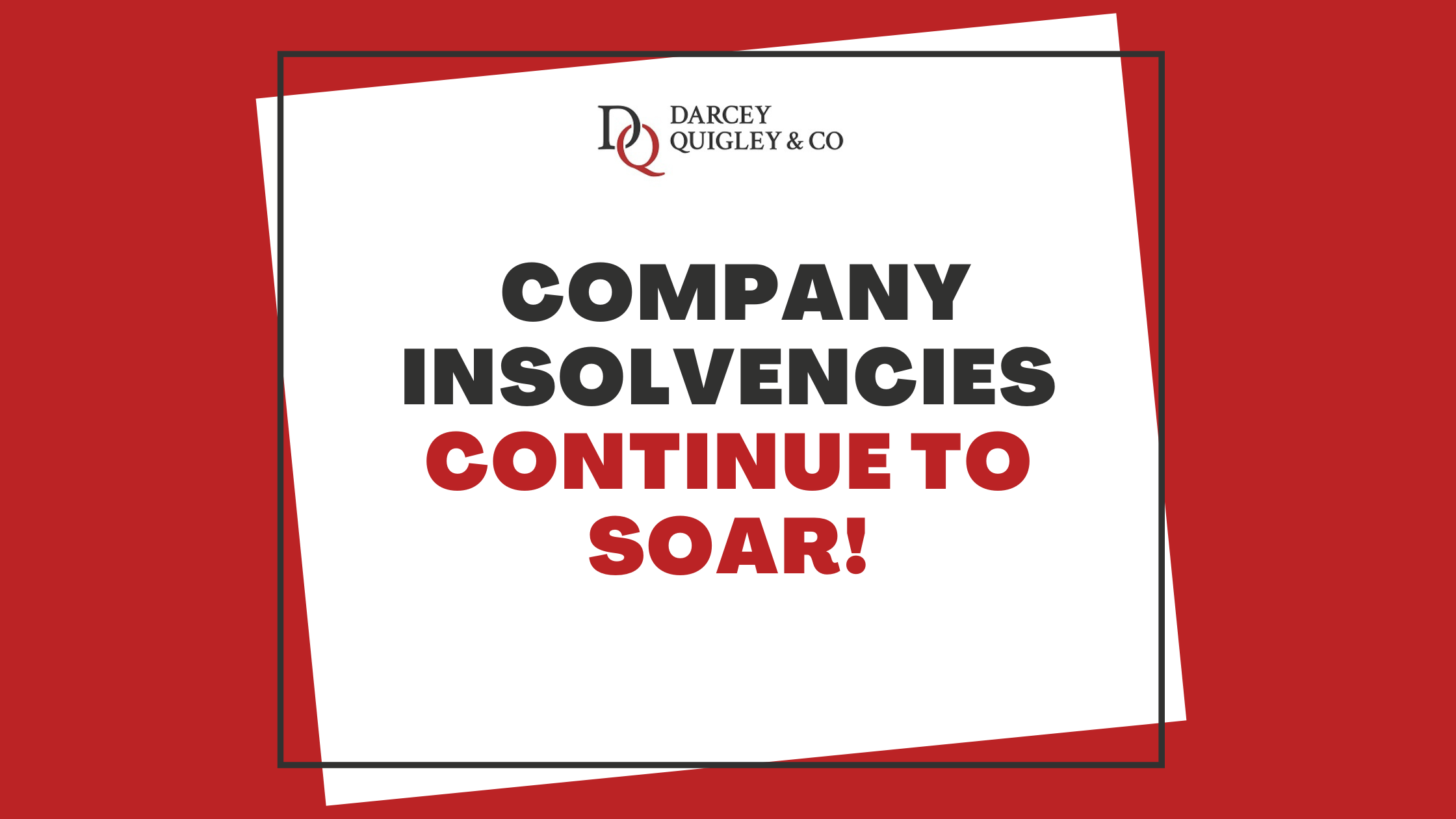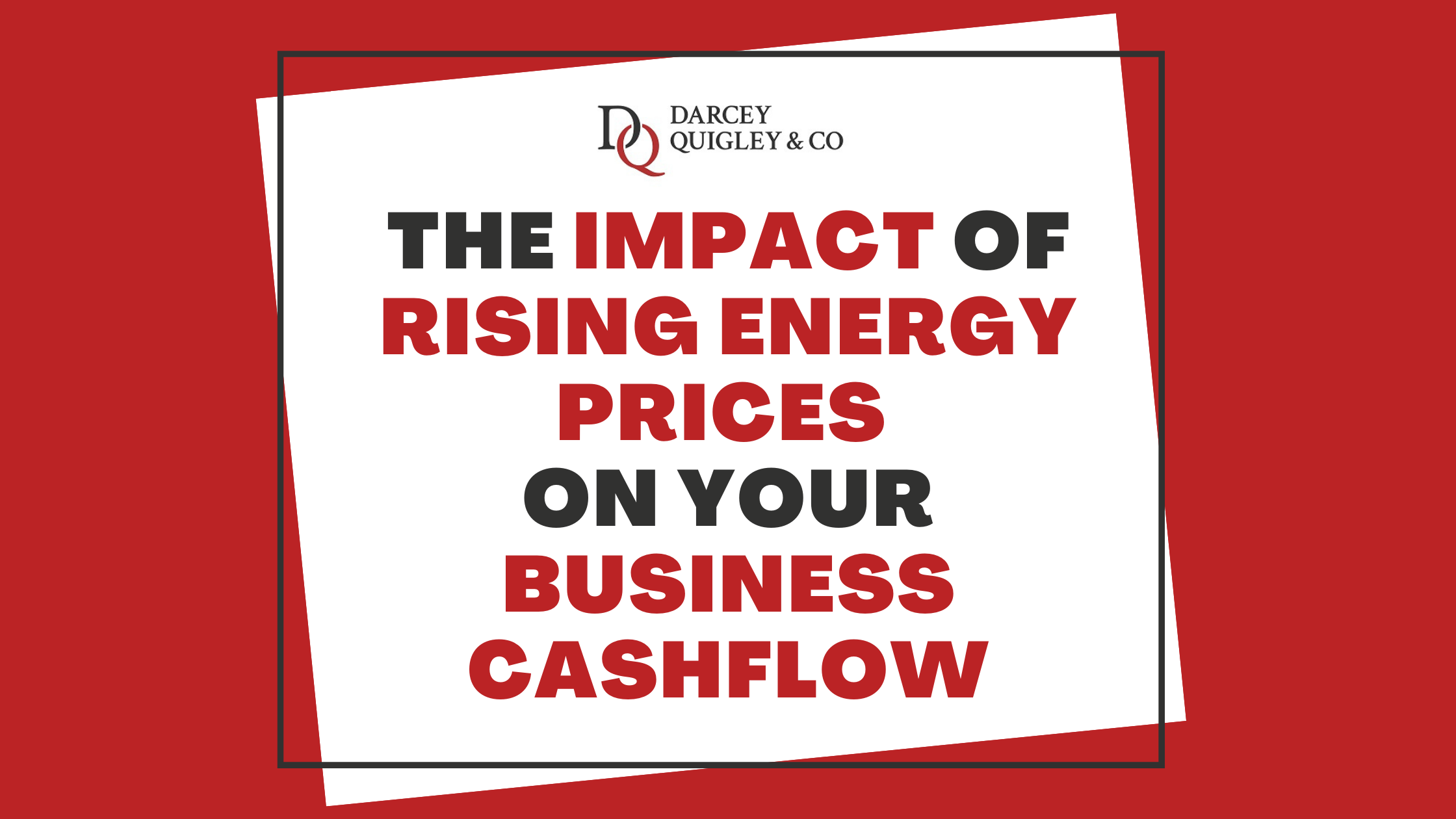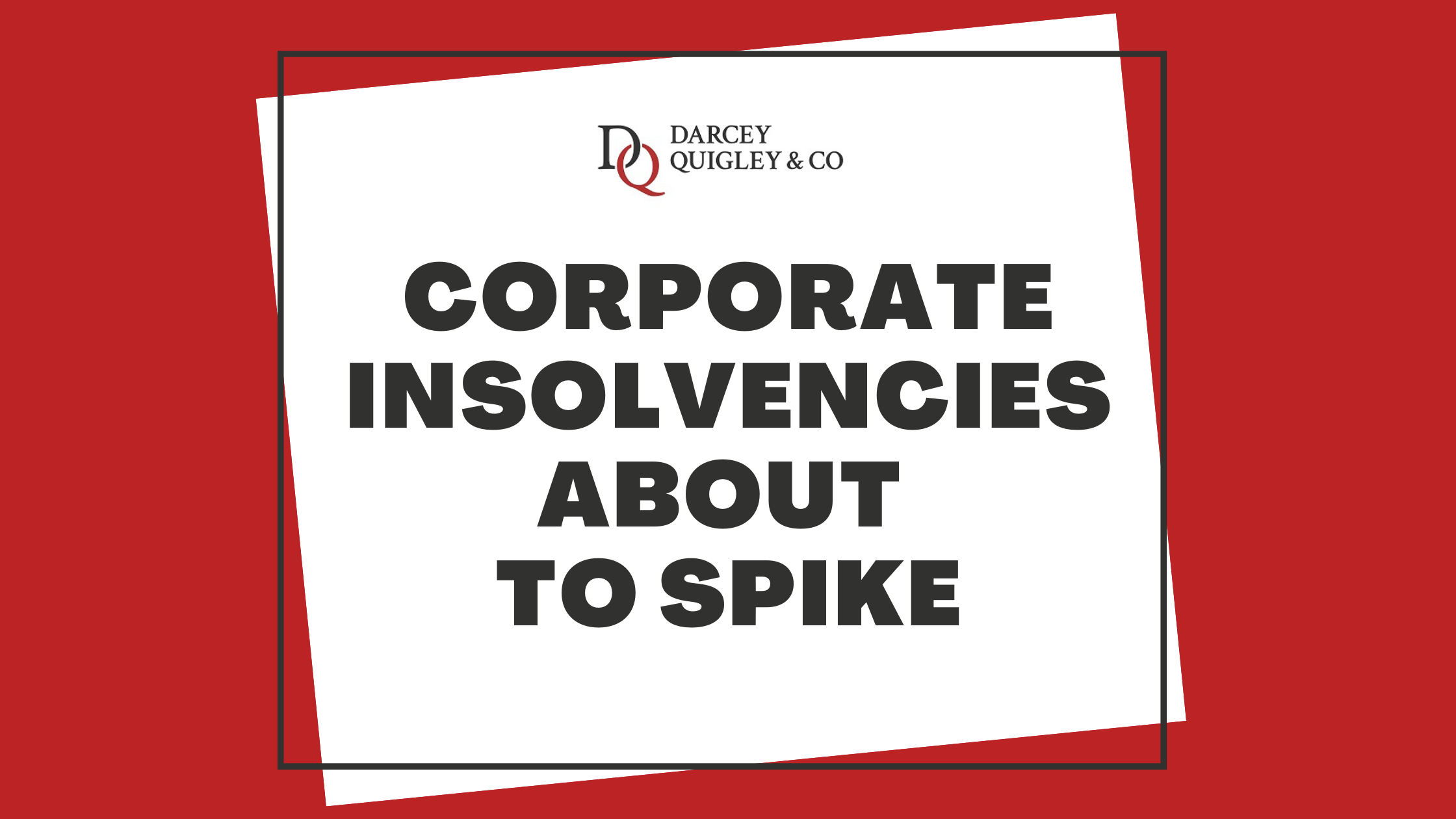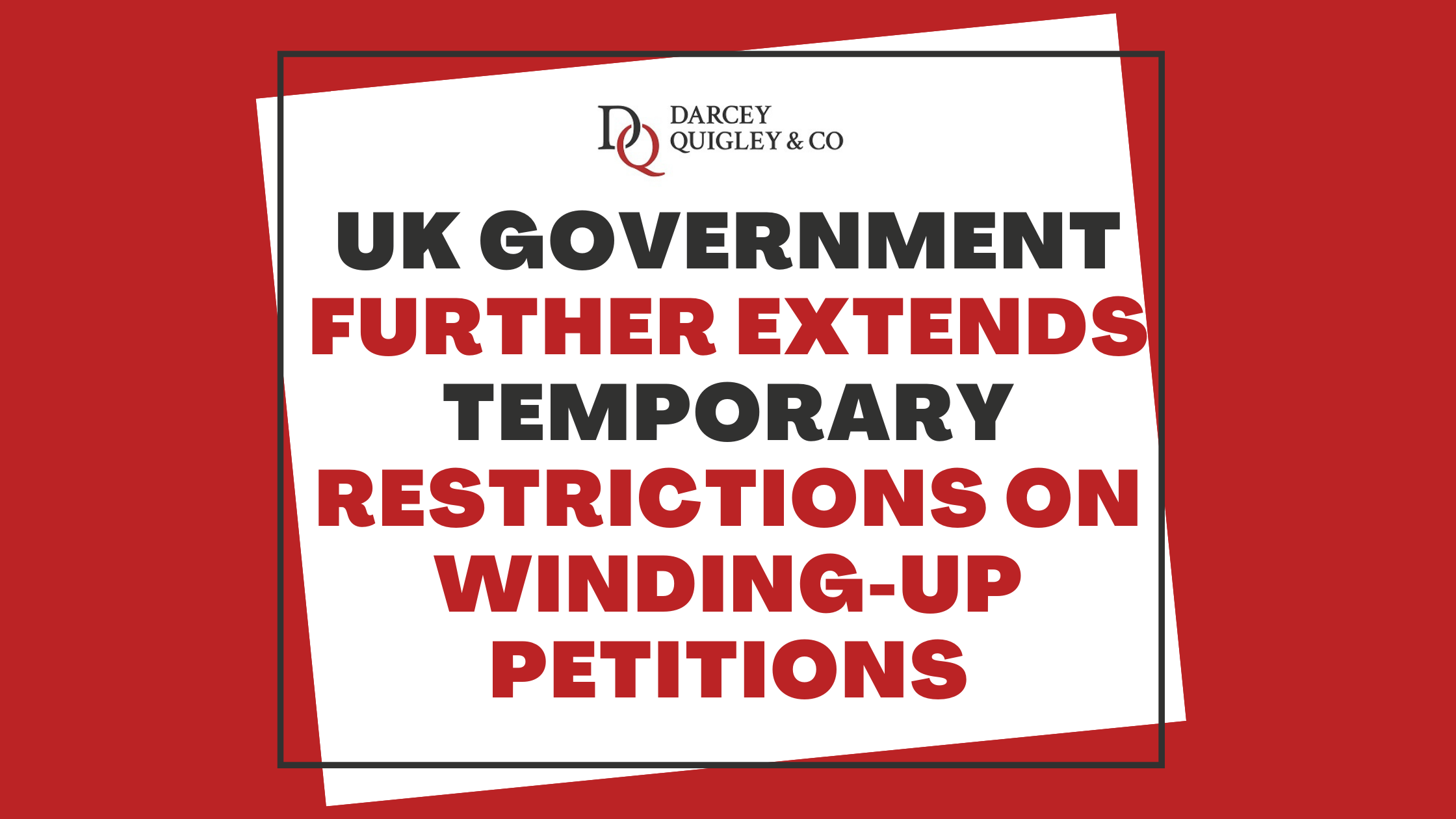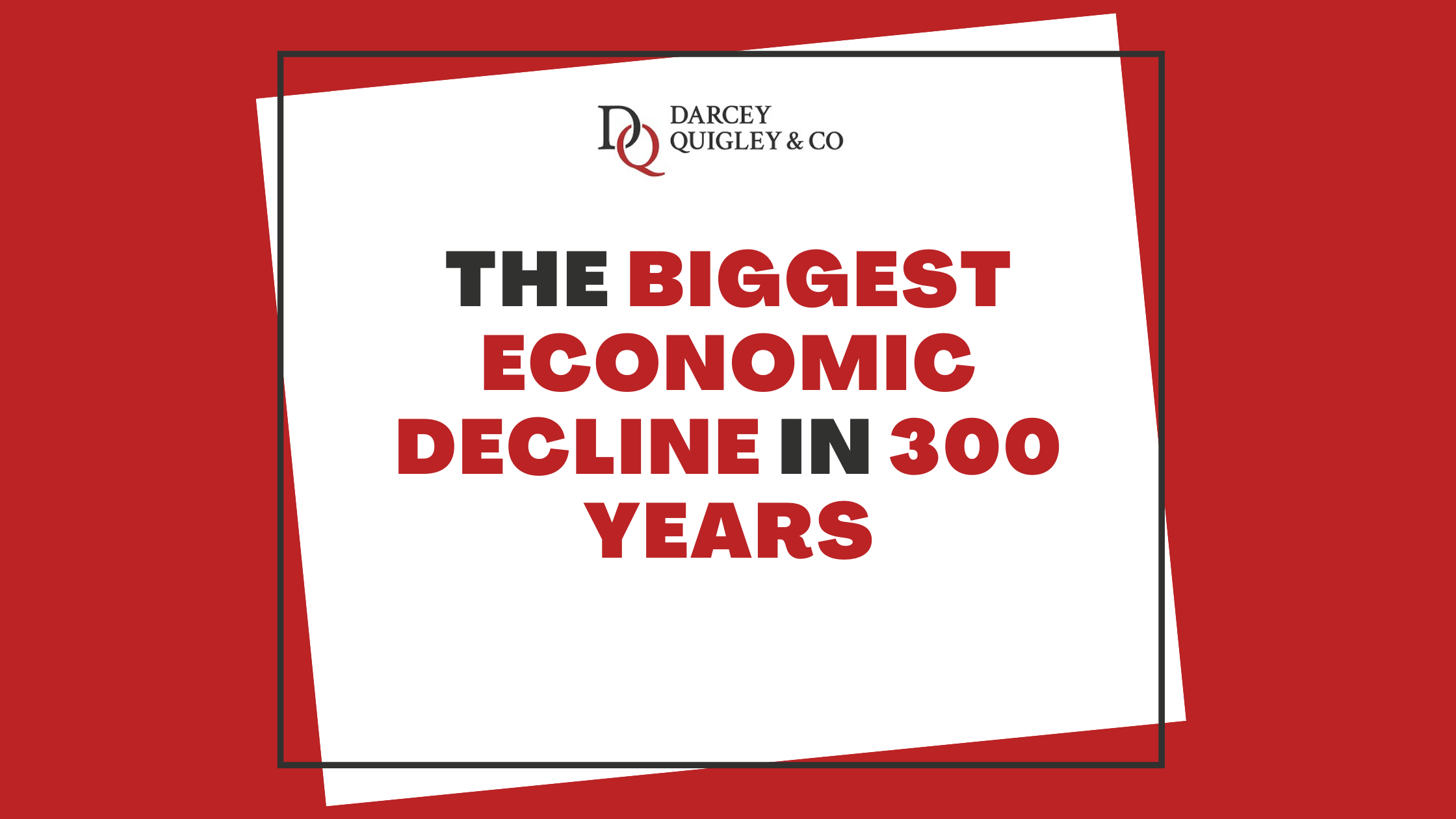Corporate Insolvencies Are Rising. What Is Causing Them To Increase?
The number of corporate insolvencies is about to erupt.
Global corporate insolvency numbers are expected to increase by 33% next year, returning to levels not seen since before the pandemic began. Deloitte estimate that they could be even higher than the 60% increase in corporate insolvencies experienced in 2009 during the global financial crisis.
We are now beginning to see corporate insolvencies in the UK increase. September 2021 insolvency statistics released by the UK Government show that the number of registered company insolvencies were 56% higher than September last year – the largest number since before the pandemic began.
The statistics show that the number of insolvencies is just 4% lower than the number registered in September 2019, before the pandemic.
The fact that the number of insolvencies is just 4% lower than pre-pandemic levels should sound alarm bells, as this figure is about to increase dramatically.
Why are we beginning to see this spike now?
A combination of different factors has made the perfect storm for struggling businesses that will push them over the edge.
Lifting of temporary ban on winding up petitions.
Throughout the pandemic there has been a ban on winding up petitions, meaning that no creditor could present a petition against a debtor company.
This ban was extended to 30th September this year which means, as of 1st October, winding up petitions can now be put forward to courts again. Although at this time the debt must be worth at least £10,000, so there is still a degree of protection to businesses that owe commercial payment.
The lifting of the ban on winding up petitions from October onwards means that we expect to see an increase of the number of insolvencies going forward, and even more when the £10,000 threshold is taken away.
Removal of fiscal support from the Government.
We have previously wrote about the incoming spike in insolvencies impacted by the backlog of “normal run-rate” insolvencies from Q2 and Q3 2020 that will only begin to hit now.
Fiscal support from the UK Government such as furlough, CBILs/CLBILs/Bounce Back Loans and rates relief combined with the ban on winding up petitions have effectively kept companies on life support who would have failed even if the pandemic was not an issue.
Now that fiscal support from the Government has ended, companies reliant on this to remain in business will struggle and will contribute to the expected rise in insolvency cases.
Supply chain bottlenecks
Issues with supply chain networks have been well documented recently, hampered further by a shortage of HGV drivers. The scarcity of raw materials and goods has resulted in extended wait times and increases in prices.
The longer lead times for goods and price rises have had a direct impact on the rise in late payments, where the total outstanding amount has increased by 20% in just one year.
In the current climate, extended periods waiting for payment can be catastrophic for SMEs and will also contribute to increasing numbers of corporate insolvencies.
Contactors are particularly exposed to the risk of shortages and increased prices as they will have to absorb these changes themselves if they have already agreed terms on a contract.
Delta variant of COVID-19 has meant slower economic recovery.
The rapid spread of the Delta variant of COVID-19 that ran rampant through the summer resulted in slower economic growth that businesses are continuing to feel the effects of. The ONS reported much smaller than expected growth of 0.1% GDP in July and modest growth of 0.4% in August.
The most recent data also shows that the construction industry contracted with output down by 0.2%, now 1.5% below its pre-pandemic level. The sector contracted for 3 months straight.
The construction industry makes up 13% of the total number of companies in the UK and employs over 9% of the workforce, 3.1 million people. A downturn in the market and insolvencies in the construction industry can have a knock-on impact on hundreds of businesses and contractors that will have a ripple effect on the sector. All it takes is one very big player in the industry to collapse and tens of other companies can go insolvent as a result.
What impact will this spike in corporate insolvencies have on businesses in 2022?
Of course, not every business will be at risk of becoming insolvent. But that is not the only threat businesses face.
With so many businesses being at risk of insolvency though, this poses great pressure on the credit cycle. For example, if a business goes insolvent, they will not be able to pay any outstanding invoices they have. The company that is owed money will lose what they are owed, which puts strain on them. This company will likely also have invoices to pay and may have been relying on the insolvent company being able to pay. And so on.
Can your company afford to miss out on any invoices it has outstanding waiting to be paid?
What can you do today to protect yourself?
Given the economic uncertainty we face, even as we begin our recovery from the pandemic, businesses must mitigate their credit risk and protect themselves.
If your company is owed money for outstanding commercial invoices it is important to take action now before the waves of corporate insolvencies hit. If invoices are left too late, the chances of recovering the full amount are greatly reduced.
Our friendly team are always on hand to discuss any commercial debts you have as well as answer any queries on making your credit management effective. Schedule a call with our team at the time that suits you or call us on 01698 821 468.
Lynne is the Founder and CEO of Darcey Quigley & Co.
She is passionate and determined to help businesses get overdue invoices paid quickly.
Having worked within the credit management industry for over 27 years and ran UK leading commercial debt recovery specialists Darcey Quigley & Co for over 18 years, Lynne has helped businesses recover commercial debts from every continent across the globe.
Connect with me on LinkedIn!



